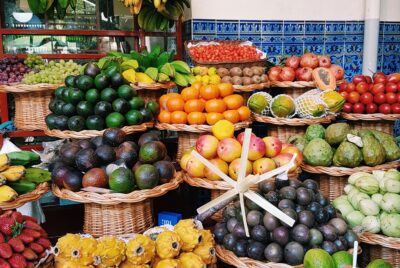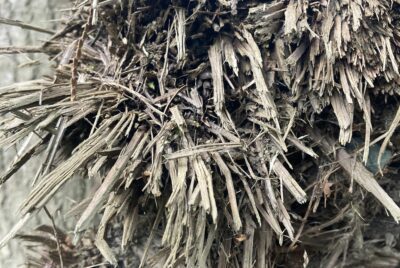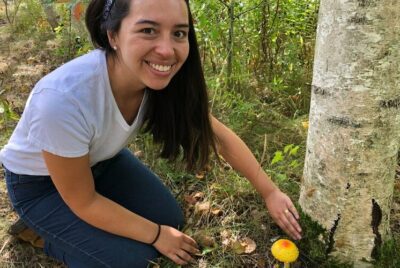RESEARCH
The Benefits of Horticultural Therapy for Prison Populations
Summary
This paper explores how horticultural therapy (HT)—a form of healing that uses gardening and plant-based activities—can improve the lives of people in prison. It highlights how U.S. prisons often lack adequate mental health treatment, nutritious food, and cost-effective programs. HT programs offer a solution to these issues by helping reduce anxiety and depression, providing inmates with fresh fruits and vegetables, and giving them meaningful skills. The paper presents examples from programs at Rikers Island in New York, as well as studies in the U.S. and U.K., showing how gardening helps inmates feel more emotionally stable and socially connected.
Beyond emotional health, HT also teaches responsibility, work ethic, and patience—skills that can support inmates after their release. Some programs even provide produce to local food banks or allow inmates to take food home when they are released. HT is also cost-effective, potentially lowering prison food budgets and helping reduce recidivism rates. Inmates who participate in these programs not only feel better mentally but also gain life skills that reduce their chances of returning to prison.







